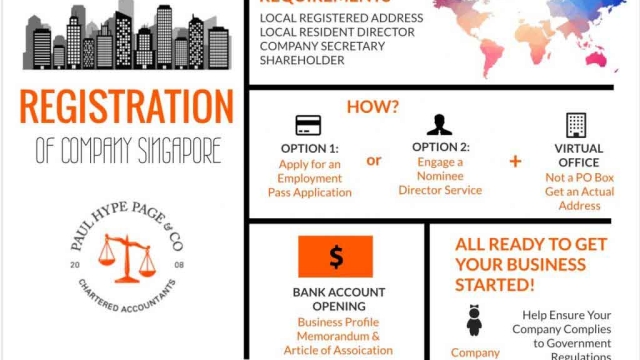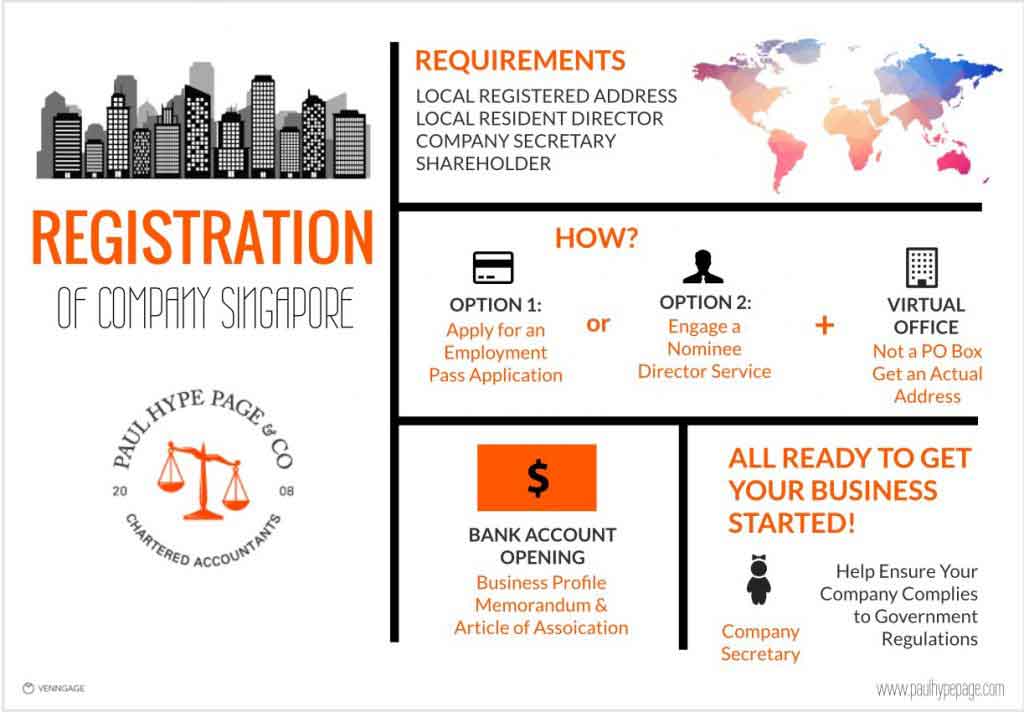In the world of gardening, there is something truly magical about harnessing the power of herbs and companion plants. These remarkable natural wonders not only enhance our gardens but also offer a multitude of benefits for both our plants and our well-being. One herb that truly stands out in this realm is the vibrant and versatile calendula. Known for its beautiful golden petals and numerous medicinal properties, calendula is a true gem in the world of herbs.
When it comes to creating a thriving garden, one key aspect to consider is companion planting. This ancient practice involves strategically placing plants together to create beneficial relationships. The dynamic nature of calendula makes it an excellent companion plant for a wide range of flowers, vegetables, and herbs. By interplanting calendula with other species, we can enhance pollination, deter harmful pests, and even improve soil health.
.jpg)
Creating a garden with harmonious plant pairings starts with thoughtful planning and utilizing the natural qualities of each species. Calendula’s bright colors and delicate petals are not only visually stunning but also attract beneficial insects like bees and butterflies. These helpful pollinators play a crucial role in fertilizing other plants, ensuring healthy growth and abundant harvests. Additionally, calendula’s aromatic foliage acts as a natural repellent for pests such as aphids and whiteflies, helping to safeguard neighboring plants from infestation.
Another ingenious way to make the most of calendula’s benefits is by transforming the plant into mulch. Simply dry the flowers and petals, then finely grind them to create a nutrient-rich organic mulch. Applying this calendula mulch around the base of other plants helps retain moisture, suppress weed growth, and gradually releases essential nutrients into the soil. This natural approach to mulching not only nourishes your garden but also reduces the need for synthetic fertilizers and harmful chemicals.
As you embark on your herbal gardening journey, consider incorporating calendula into your planting scheme. Its beauty, versatility, and harmonizing qualities make it an ideal companion plant for a wide variety of herbs, vegetables, and flowers. By embracing the power of calendula and other complementary plant pairings, you can unlock the full potential of your garden, creating a thriving ecosystem of health and vitality. At Kellogg Garden Products, we have dedicated ourselves to supporting gardeners like you since 1925. With an unwavering commitment to quality, innovation, and sustainability, let us help you cultivate a garden that truly blossoms and flourishes. Together, let’s unleash the power of calendula and embrace the boundless wonders of companion planting.
Companion Plants for Calendula
Calendula, also known as pot marigold, is a beautiful and beneficial herb that can thrive alongside certain companion plants. These plant allies can help enhance the growth and overall health of your calendula patch. Here are some excellent options for companion plants to consider:
-
Chamomile: Known for its calming and soothing properties, chamomile is a wonderful companion for calendula. Both herbs have similar growth requirements and can support each other’s growth. Chamomile’s delicate white flowers provide a lovely contrast to the vibrant orange blooms of calendula.
-
Nasturtium: The vibrant and edible nasturtium flowers not only add a pop of color to your garden but also attract beneficial insects. Nasturtiums can act as a sacrificial plant, attracting pests away from your calendula. Additionally, nasturtiums have a trailing growth habit that can provide attractive ground cover around your calendula plants.
-
Borage: Borage is a fantastic companion plant for many reasons. Its beautiful blue flowers attract pollinators such as bees and butterflies, which can help improve the overall pollination of your calendula flowers. Borage also has deep roots that can help improve soil structure and fertility, benefiting the growth of nearby calendula plants.
By incorporating these companion plants into your calendula garden, you can create a thriving ecosystem that not only enhances the beauty of your patch but also supports the overall health and productivity of your calendula plants.
Mulching with Calendula
Calendula, also known as marigold, is not only a beautiful flowering herb but also an excellent companion plant for many other herbs and vegetables in your garden. In addition to its aesthetic appeal, calendula can also be used as a natural mulch to benefit your plants in multiple ways.
When used as a mulch, calendula provides many advantages. Firstly, it helps to suppress weed growth by blocking sunlight from reaching the soil surface. This reduces competition for nutrients and water, allowing your herbs and companion plants to thrive. Secondly, calendula mulch acts as a protective barrier, shielding the soil from extreme temperatures and preventing moisture loss through evaporation. This helps to create a more stable microclimate for your plants, promoting their overall health and productivity.
To make calendula mulch, you can start by harvesting the flowers when they are in full bloom. Simply remove the flower heads and spread them evenly around your garden, covering the bare soil around your herbs and companion plants. As the flower heads decompose, they will gradually release beneficial nutrients into the soil, enriching it and providing a natural source of fertilizer. This organic matter also enhances soil structure, improving drainage and promoting a healthy ecosystem for your plants.
In addition to its mulching benefits, the presence of calendula in your garden can also attract beneficial insects such as bees and butterflies. These pollinators play a vital role in the life cycle of many plants, and by encouraging their presence, you can enhance the overall biodiversity and productivity of your garden.
In conclusion, mulching with calendula is a simple and effective way to nurture your herbs and companion plants. By utilizing its weed-suppressing properties, moisture retention capabilities, and natural fertilizing qualities, calendula can help create an optimal growing environment. So why not unleash the power of calendula in your garden and experience the many benefits it has to offer?
Kellogg Garden: A Family-Owned Success
"Kellogg Garden" Products is a renowned company in the world of herbs and companion plants. With a rich history that spans four generations, Kellogg Garden has firmly established itself as a family-owned and operated business. Since its inception in 1925, the company has embodied the values instilled by its founder, H. Clay Kellogg: integrity, innovation, loyalty, experience, commitment, and generosity.
The success of Kellogg Garden can be attributed to its unwavering commitment to these core values. By prioritizing integrity, the company has gained the trust and loyalty of its customers. It has consistently delivered high-quality products that meet the needs and expectations of herb and companion plant enthusiasts.
Furthermore, Kellogg Garden’s dedication to innovation has ensured its continuous growth and relevance in the industry. The company has constantly strived to develop new techniques and products that enhance the growth and vitality of herbs and their companion plants. This commitment to innovation has been vital in maintaining its position as a leader in the field.
Another key factor in Kellogg Garden’s success is its deep-rooted family values. As a family-owned business, it understands the importance of maintaining strong relationships with its customers and employees. The company’s commitment to loyalty and experience can be seen in its long-standing partnerships with various stakeholders in the herb and companion plant community.
Lastly, Kellogg Garden’s commitment to generosity sets it apart from other companies in the industry. Recognizing the importance of giving back, the company actively supports local communities and charitable organizations. This dedication to generosity not only reflects its values but also fosters a sense of goodwill and trust among its customers.
In conclusion, Kellogg Garden’s success as a family-owned and operated company is a testament to its adherence to core values of integrity, innovation, loyalty, experience, commitment, and generosity. Founded in 1925, the company’s long-standing presence in the industry is a result of its commitment to delivering high-quality products and maintaining strong relationships with its customers and community. With every passing generation, Kellogg Garden continues to unleash the power of herbs and companion plants, making a positive impact on gardeners worldwide.


















